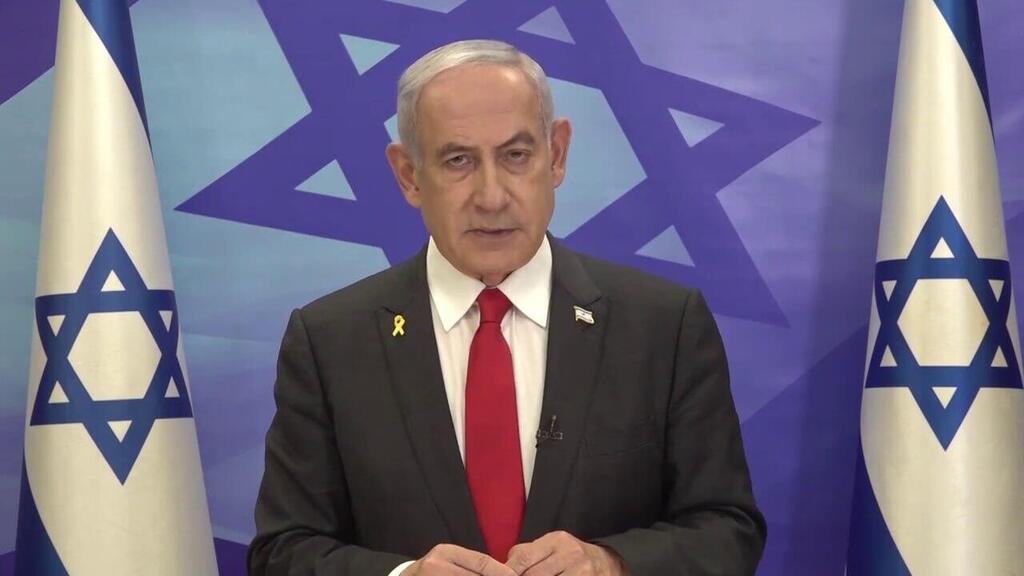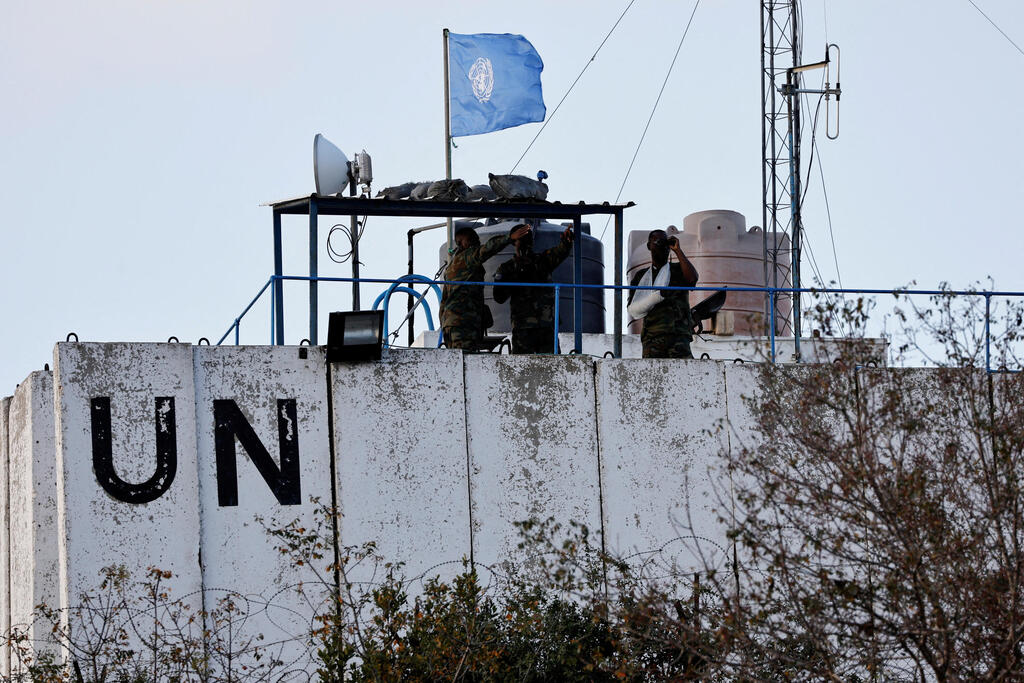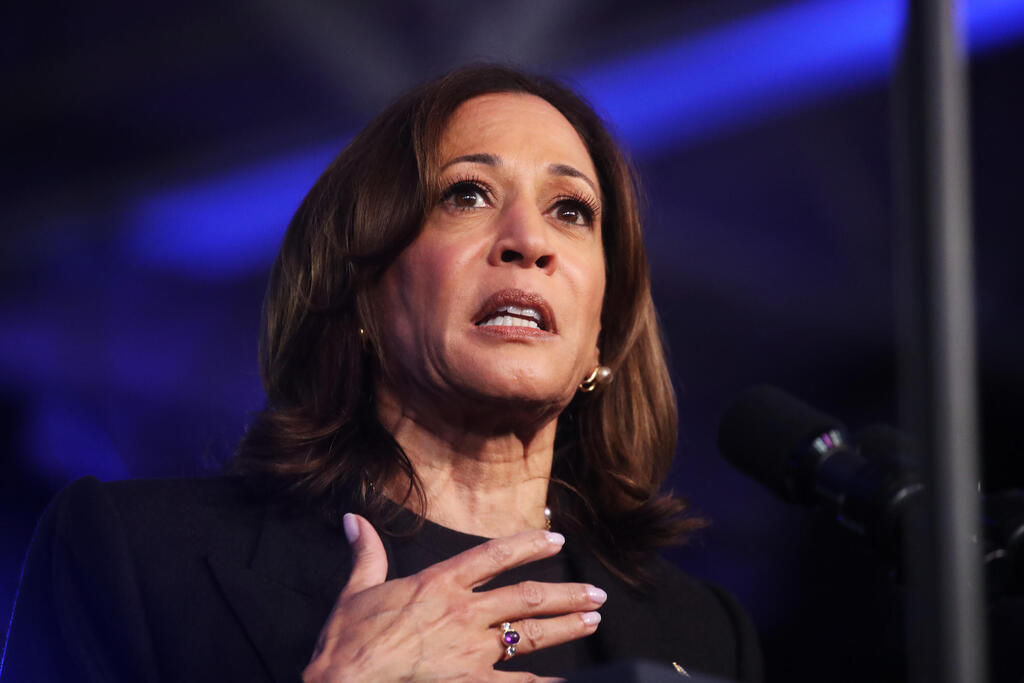Getting your Trinity Audio player ready...
Western diplomats expressed concern that Israel will prolong the war despite its recent military accomplishments in the combat zones of Gaza and Lebanon, and not use them to reach a cease-fire.
In briefings, the diplomats praised successes —such as the elimination of Yahya Sinwar and Hassan Nasrallah, and the coordinated pager attack in Lebanon, but urged that the momentum achieved —diplomats around the globe are urging the use of this momentum to forge diplomatic agreements. "At this stage, diplomacy alone isn't sufficient," an Israeli official said.
Several diplomats have suggested that Prime Minister Netanyahu was also factoring in how a ceasefire might influence the upcoming U.S. elections. They believe that any breakthrough in negotiations would benefit Vice President Kamala Harris and that Netanyahu prefers to engage with Donald Trump.
"There’s no reason for Netanyahu to halt his conflicts before the U.S. elections," said Marwan al-Muasher, a former Jordanian foreign minister. "He doesn’t intend to hand Harris any credit or gift before the elections."
President Joe Biden said on Sunday that a ceasefire in Lebanon is achievable, though it would be more challenging in Gaza. Trump on the other hand said Netanyahu was doing a good job. "Biden is trying to hold him back when he should be doing the opposite." the Republican candidate said adding that the Sinwar's killing will make it easier to reach peace. "I am pleased that Israeli Prime Minister Benjamin Netanyahu decided to do what was necessary," he said.
A senior Western diplomat claimed that after Israel "managed to unsettle Hezbollah and surprise them and the entire world," it should "seize the opportunity and pursue a settlement in Lebanon," adding "We were astonished by Israel’s achievements in Lebanon. These are significant intelligence and military accomplishments."
Nevertheless, discussions with this senior diplomat, along with others, reveal a deeply worrying picture—a lack of trust in Israel's plans for Lebanon. This skepticism helps explain UNIFIL's strong opposition to complying with the IDF's demand to withdraw 3 miles northward.
"There is substantial concern in the international community that Israel's ground operation will deepen, leading to casualties among Lebanese civilians and UNIFIL forces," explained the senior diplomat. "There is significant apprehension about getting embroiled in Lebanon. Israel spoke of an operation lasting a few days—yet it has already extended beyond two weeks and is intensifying. We fear waking up in six months to find you still entrenched in Lebanon and fighting."
He went on to say that there was a willingness within the international community to expand UNIFIL’s mandate, but negotiations were necessary for that to happen. "Any occupation of Lebanon would be a grave mistake and would provide Hezbollah with justification to continue its activities," he said adding he was disappointed with Israel’s approach. "Unfortunately, they aren’t communicating with anyone, which is why UNIFIL refuses to relocate—it contradicts their mandate and would also be humiliating."
He said that despite the severe blows Hezbollah has sustained, the terrorist organization still has leadership capable of making decisions if needed. "There is an understanding in the international community about the seriousness of the Hezbollah threat. We are at risk of entanglement, and an operation initially intended for a few days could drag on for months.
"Today, we understand that UNIFIL's mandate was flawed, and it needs to be reconsidered or replaced with another mandate," he said. "The international community is open to this idea. It is clear to everyone that a different solution for southern Lebanon is necessary—because the problem must not be allowed to resurface. The West needs to consider how it will contribute to the solution. Negotiations will make this possible."
He also added, "Many Lebanese would like to see Hezbollah vanish. But an Israeli occupation in Lebanon would be a mistake, as it would give Hezbollah a pretext to act. Do not provide Hezbollah with excuses. Israel needs a mechanism to oversee and enforce an agreement. This will require forces on the ground." He reiterated that "Israel's lack of communication with anyone is a mistake," asserting, "Israel will not achieve all its objectives in Lebanon. It had success against Hezbollah, and this should be leveraged to reach an agreement."
Get the Ynetnews app on your smartphone:
Google Play: https://bit.ly/4eJ37pE
Apple App Store: https://bit.ly/3ZL7iNv
First published: 21:13, 10.20.24





